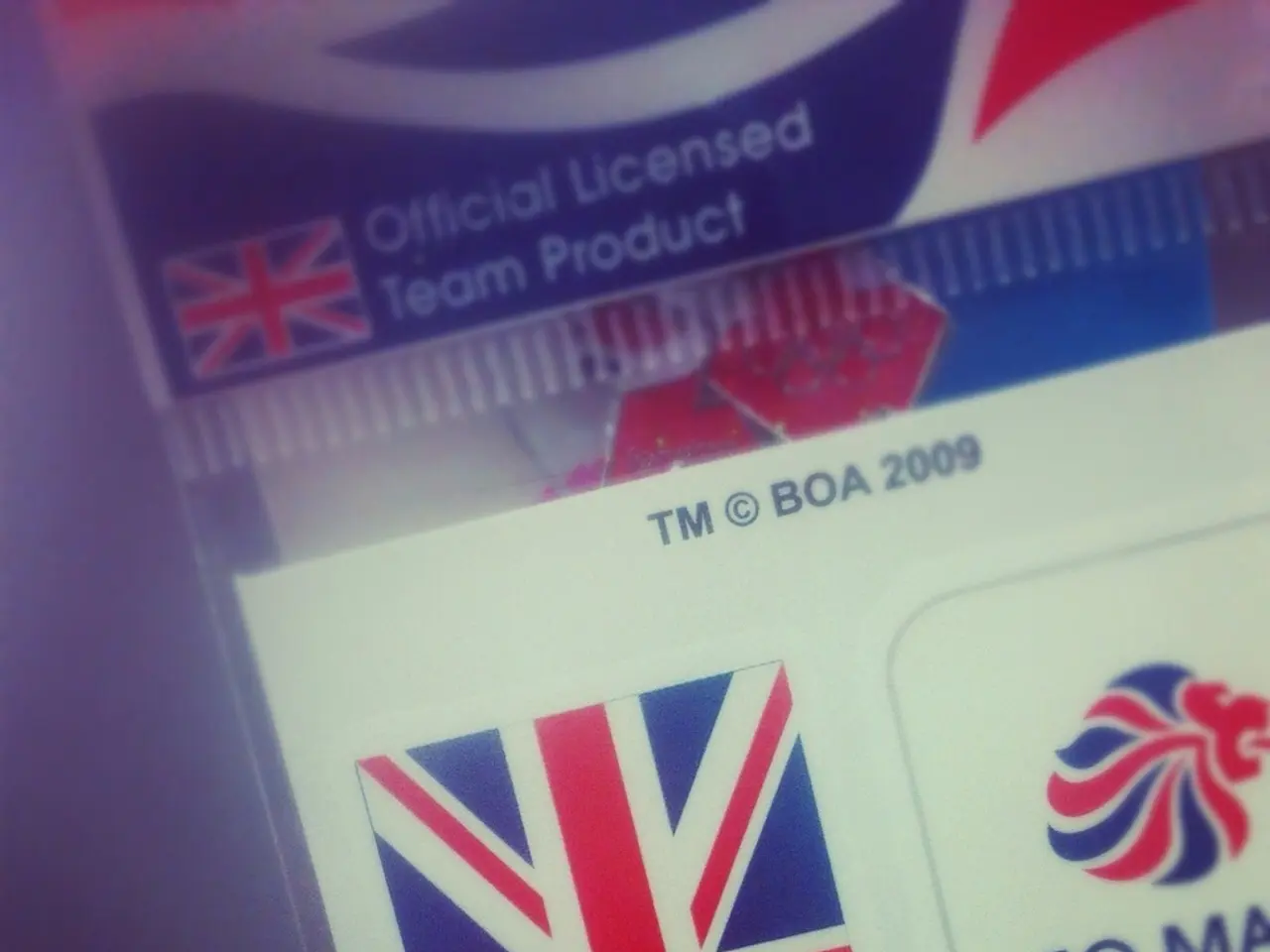The Gaming Authority: Anti-Money Laundering, Licensing Conditions, Safe Gambling, and Other Key Points
In Great Britain, gambling operators are subject to stringent regulations under the Gambling Act 2005, ensuring a safe and secure gambling environment. The Act encompasses various aspects, including licensing, Anti-Money Laundering (AML) and Counter Financing of Terrorism (CFT), and responsible gambling.
Licensing
To legally conduct gambling activities, operators must obtain a licence from the UK Gambling Commission. This includes an Operating Licence or Personal Licence, depending on the activity and premises. Licences require ongoing compliance and are subject to regular review and renewal.
AML/CFT
Operators must implement robust AML measures, including customer due diligence (identity verification), ongoing transaction monitoring, record keeping of financial transactions and betting history, timely suspicious activity reporting, and sanctions screening. A qualified AML/CFT officer must be appointed and responsible for compliance and reporting.
Responsible Gambling
Operators must have measures to prevent gambling harm, particularly to children and vulnerable persons. This includes identity verification to prevent underage gambling and fraud, deploying responsible product design such as reality checks, time requirements, and limits on auto-play, as well as interventions for at-risk players. Ethical advertising that does not target minors or promote irresponsible gambling is mandatory.
Other requirements include ensuring transparency, fairness, secure handling of player funds, and protection from crime by thorough background checks on ownership and control. Compliance with technical standards issued by the UK Gambling Commission, regularly updated to reflect technology changes, is also required.
Operators must participate in regulatory reporting, audits, and inspections, and maintain documented internal procedures for responsible gambling, disputes, and fair gaming. Licensing conditions vary by type of premises, with specific machine entitlements and permit requirements.
Additional Points
Compliance with the Money Laundering, Terrorist Financing and Transfer of Funds (Information on the Payer) Regulations 2017 and 2019 (amendments) is essential. Operators can obtain optionally additional information such as source of funds and source of wealth, occupation, and level of legitimate income. KYC checks are a key requirement for all operators, including Simplified Due Diligence (SDD), Customer Due Diligence (CDD), and Enhanced Due Diligence (EDD).
The Gambling Commission, the gambling regulator in Great Britain, excluding Northern Ireland, allows operators to delegate KYC compliance to a reliable AML & KYC service provider. An operating license authorizes a company to provide gambling facilities, with the Commission permitting three levels of due diligence checks: simplified, customer (general), and enhanced.
In summary, the Gambling Act 2005 demands licensed operators in Great Britain adhere to rigorous standards for licensing eligibility, AML controls, and strong responsible gambling policies to safeguard consumers and the integrity of gambling operations.
- In accordance with the Gambling Act 2005, licensed operators in Great Britain are obligated to implement robust measures for responsible gambling, ensuring protection for children and vulnerable persons, including preventing underage gambling and using responsible product design.
- Operators in the casino-and-gambling industry, in their quest to obtain and maintain a UK Gambling Commission licence, must adhere to stringent regulations for AML/CFT, ensuring they implement measures such as customer due diligence, ongoing transaction monitoring, and the appointment of a qualified AML/CFT officer for compliance and reporting.




